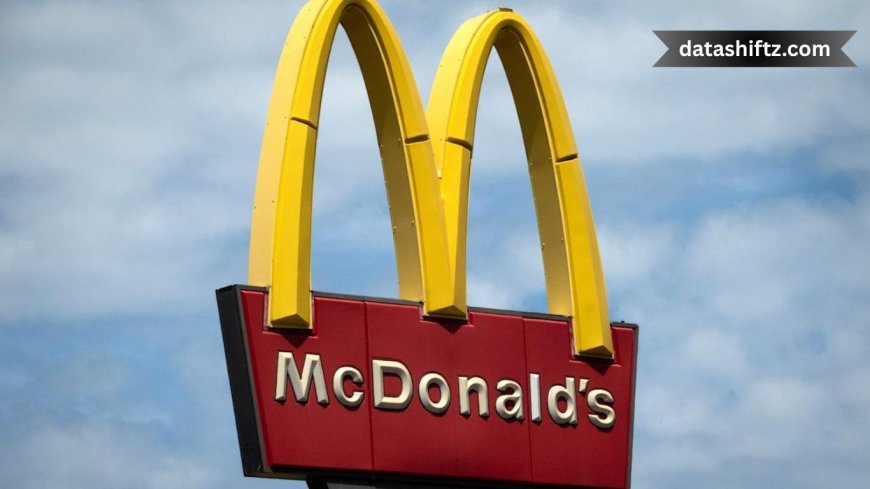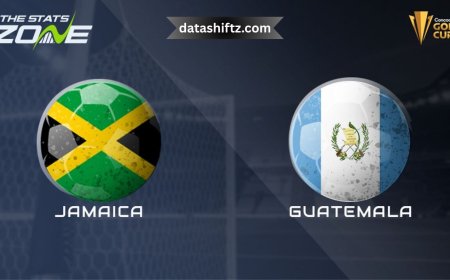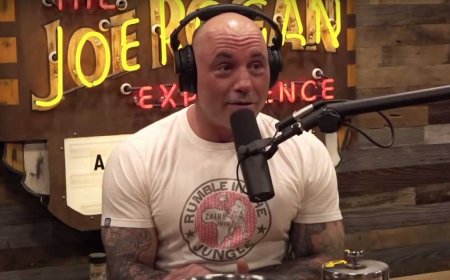McDonald’s Boycott Today: What’s Happening and Why It Matters

What’s Going on NOW? (June 24–30, 2025)
A nationwide boycott of McDonald’s has been launched by consumer-advocacy group The People’s Union USA, starting June 24 and running through June 30, 2025. They are urging the public to avoid McDonald’s over accusations of:
-
Aggressive tax avoidance
-
Lobbying against wage increases
-
Suppressing worker rights
-
Practices of “performative” diversity, equity & inclusion (DEI)
Their goal: put economic pressure on the fast‑food giant and spark conversations about corporate accountability—even if the boycott lasts just a week.
Meanwhile, McDonald’s faces multiple headwinds: rising beef costs, elevated labor wages (e.g., 2025 California minimum wage hikes), and declining customer traffic amid higher menu prices.
Historical & Ongoing Context: Global Backlash
The current U.S. boycott comes amid similar campaigns around the world, driven mainly by McDonald’s franchise actions tied to the Israel–Gaza conflict:
| Region | Issue | Boycott Impact & Response |
|---|---|---|
| Middle East | Israeli franchise donated free meals to IDF soldiers. | McDonald’s reported weaker sales in Muslim-majority markets; CEO admitted brand is “weighed down” by conflict |
| Malaysia | McDonald’s Malaysia sued BDS activists for defamation. | Clash of corporate‑franchise interests versus activism |
| Indonesia | Drivers join international boycott calls. | Visible drop in store traffic |
| Europe | Over social media, hashtags like #BoycottMcDonalds trended. | UK, France, Spain voices joining global movement |
Why a One‑Week U.S. Boycott Could Still Hit Hard
-
Quarter-end Timing
The boycott aligns with the end of McDonald’s Q2, June 30—and heavy traffic within a single week could dent same-store sales YoY and affect their July earnings call. -
Investor Sensitivity
McDonald’s stock has slid ~10% this past month due to weak traffic, inflated costs, and the looming boycott risk—trading at a premium valuation (~23× forward earnings). -
Reputation & Media Momentum
Public boycotts can spark narrative shift and lasting reputational damage—even brief ones, as we’ve seen with Target’s DEI rollback backlash. -
Global Echoes
Similar international pressures, from Malaysia to the Middle East, mean McDonald’s can’t simply ride out one market's protest—they’re battling reputational spillover.
The Case for the Boycott: Core Grievances
Advocates argue the boycott is about more than politics—it’s about corporate values and fairness:
-
Tax Fairness: McDonald’s has been criticized for utilizing tax loopholes to shift profits internationally.
-
Wages & Worker Rights: The company is accused of lobbying against minimum wage increases and resisting union efforts.
-
DEI Integrity: Critics label certain initiatives as superficial—branding without structural change.
These issues have long dogged McDonald’s—from the "McJob" critique to environmental packaging and ethical sourcing debates.
Voices from the Ground
Reddit users from Malaysia and Qatar, where boycotts previously impacted McDonald’s, have mixed perspectives:
“...they’re forced to operate shorter hours… pay RM 700… boycott affecting many… putting a lot of workers out of work.”
– Malaysian frontline anecdote
“Boycott working! …report says revenue loss of 10 mill is nothing for MacD. …still made profits.”
– Skeptic in Qatar repeating financial reports
These reflect the tension between ethical intent and real-world impact—on both workers and brand economics.
What McDonald’s Is Doing (and Saying)
-
Acknowledgement: McDonald’s CEO Chris Kempczinski publicly stated that ongoing boycotts are “weighing on its brand,” and there's no end in sight until conflict abates.
-
Franchise Buyout: To reclaim control, McDonald’s Corp agreed to buy back the Israeli franchise (Alonyal), absorbing 225 restaurants—a move aimed at reputational damage control.
-
Clarifying Messages: Various local franchisees (UK, Indonesia) issued statements denying corporate support for any military forces and distancing themselves from conflated franchise actions.
Strategic global repositioning is underway—but backtracking a narrative is hard once started.
Broader Implications: Will It Work?
Pros
-
Financial Pressure: Even a small dip in sales (~1%) might dent quarterly numbers.
-
Brand Reputation: Sustained protests could erode trust beyond fast food.
-
Pressure on Policy: May trigger internal reviews on tax, wages, DEI.
Cons
-
Franchise Buffer: McDonald’s business model partly shields corporate from some direct impacts.
-
Alternative Spending: Consumers may rush to other fast food chains rather than stop eating out.
-
Collateral Impact: Store closures or lost hours may hurt employees who aren't responsible.
How You Can Participate (or Take a Stand)
If you're considering joining the boycott, here are some respectful and impactful steps:
-
Skip McDonald’s June 24–30
Support your values with consumer choice. -
Choose Local Alternatives
Opt for community restaurants or independent fast‑food outlets. -
Share Thoughtfully
Post about your reasons, support non‑violent awareness, and link to validated sources. -
Hold Leaders Accountable
Ask local politicians or representatives to champion transparency in taxes, labor practices, and DEI policies.
Final Take: Boycott or Not?
The June 24–30 U.S. boycott by The People’s Union USA is small in scope but significant in symbolism. Timed precisely for quarterly reports, it highlights deeper issues—tax ethics, labor rights, DEI authenticity—that resonate beyond McDonald’s golden arches. Combined with global pressures, it marks a potential turning point in how consumers influence corporate behavior.






























